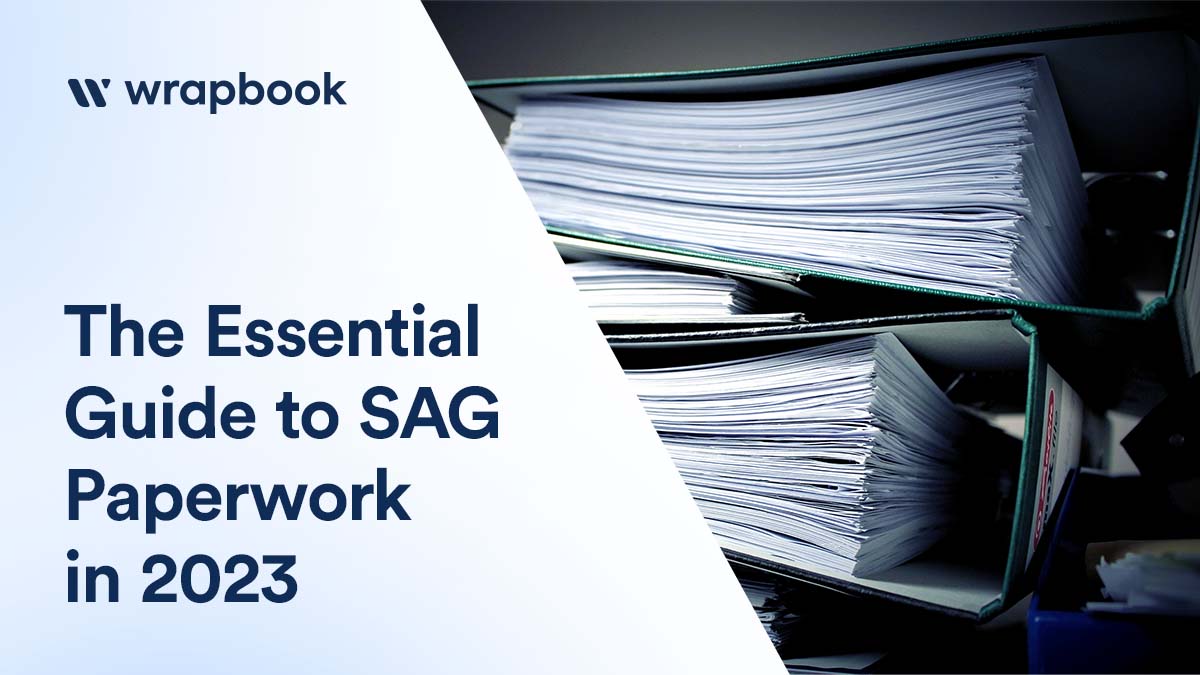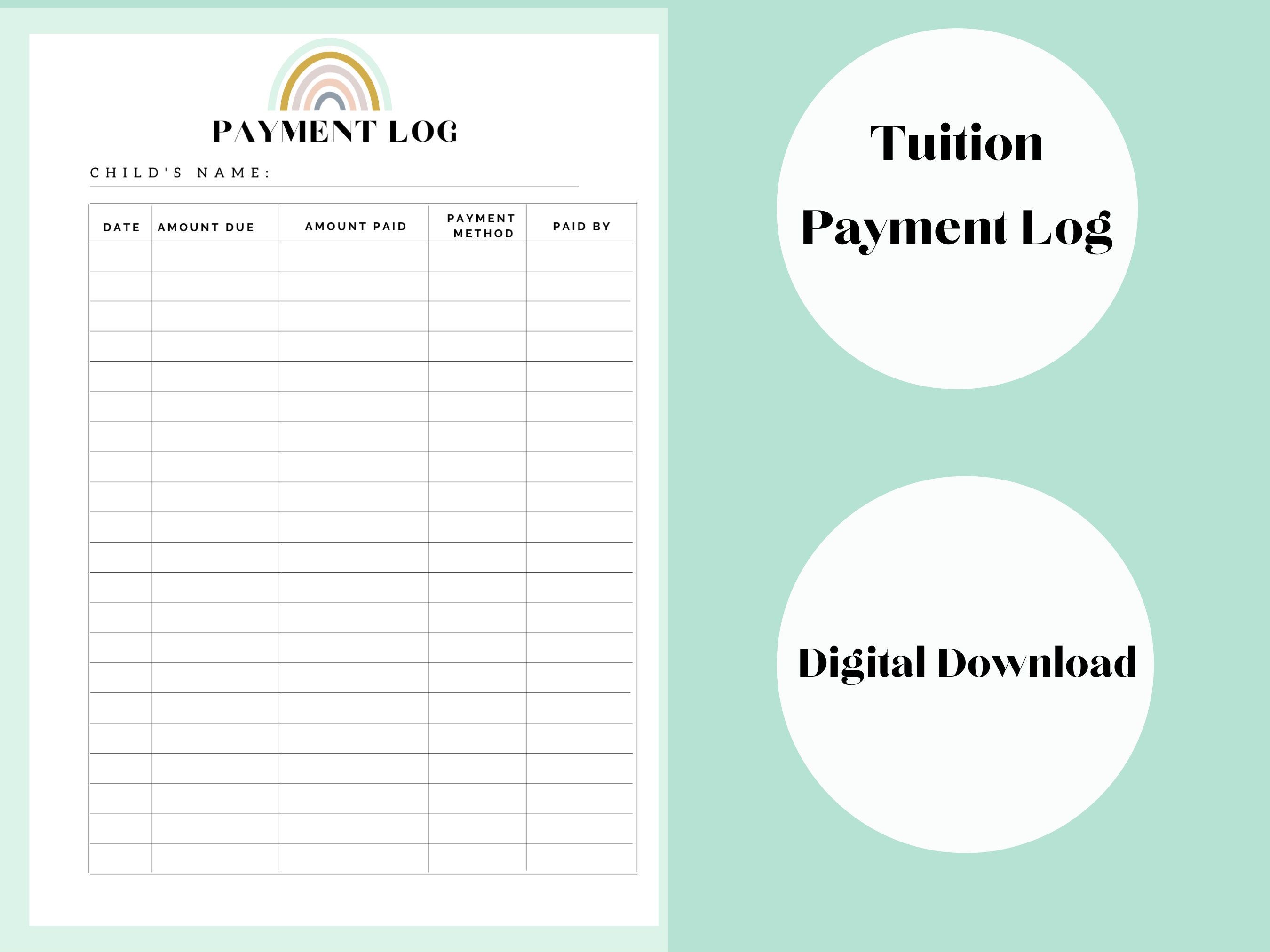3 Key Times to Submit SAG Paperwork

In the realm of film, television, and theater, navigating the intricacies of Screen Actors Guild (SAG-AFTRA) paperwork can be as crucial as the performance itself. Understanding when and how to submit SAG paperwork ensures that performers are well-represented, protected, and fairly compensated. Here are three key times when actors should be particularly diligent about handling their SAG-AFTRA documentation:
1. Upon Project Engagement

One of the most critical moments for filing SAG paperwork is at the outset of a new project. Here's what needs to be done:
- Signatory Agreement: Producers must apply for a SAG-AFTRA signatory agreement. This is a contract between the production and the union that outlines terms of employment, including working conditions, compensation, and benefits.
- Performer Contracts: Actors must sign Performer Contracts which detail their role, pay scale, schedule, and any special agreements.
- Eligibility and Enrollment: If this is the first time an actor is working under a SAG contract, they need to ensure their SAG-AFTRA membership is in place or they're eligible for Taft-Hartley.
🌟 Note: Missing the initial paperwork can lead to project delays or legal complications. Always ensure contracts are signed and agreed upon before production begins.
2. During Production Changes

As productions evolve, so do the roles and conditions for performers. Here are key changes to watch for:
- Cast Changes: If there are additions, replacements, or promotions within the cast, new contracts must be signed. This includes stunt performers or stand-ins who might not have initially been part of the project.
- Changes in Scope or Budget: If the project’s scope or budget changes, producers might need to adjust the terms of the SAG agreement. Actors should be notified, and new documentation may be required.
- Overtime and Additional Duties: When actors work beyond their contracted hours or take on additional duties, their compensation and contractual agreements need updating.
📝 Note: Always communicate changes with SAG representatives or your agent to ensure all paperwork is current and compliant with union rules.
3. At Project Conclusion

Wrapping up a project involves several key paperwork submissions:
- Final Payment Documentation: Ensuring all payments are accounted for, including overtime, meal penalties, and any residuals if applicable.
- Residuals: For projects expected to generate residuals, such as television shows or streaming content, actors need to verify how residuals are calculated and distributed.
- Completion Report: A completion report to SAG-AFTRA stating that the project has wrapped and all conditions have been met is crucial for closing out the contract.
- Audit Requests: If there are discrepancies in pay or terms, actors or their representatives might request an audit from SAG-AFTRA.
By handling these final steps correctly, actors help ensure their records are in order for future work and protections are in place for any upcoming earnings from the project.
Understanding when to engage with SAG paperwork is essential for actors, producers, and other stakeholders. Properly timing these actions:
- Protects the legal rights of the performers.
- Ensures fair compensation and working conditions.
- Maintains a smooth production process, avoiding unnecessary delays or legal issues.
- Secures residual payments, when applicable.
Actors must remain proactive with their paperwork, keeping in constant communication with their agents, managers, or union representatives. This diligence not only fosters a positive relationship with the union but also ensures that their interests are fully represented and protected throughout their careers.
What is the Taft-Hartley Act in relation to SAG-AFTRA?

+
The Taft-Hartley Act allows producers to hire non-union talent for a project once without making the entire production union. This “loophole” is used to bring new talent under the SAG-AFTRA umbrella by first working them under a union contract.
What are residuals, and how are they calculated?

+
Residuals are payments made to performers for reruns or secondary markets like streaming or DVD sales. Calculation involves factors like the original payment, type of media, and usage, often set by union agreements.
How does an actor become a member of SAG-AFTRA?

+
An actor can join SAG-AFTRA by working on a union project under the Taft-Hartley Act, accumulating enough principal work in union productions, or by invitation from the union based on their professional standing or accomplishments.